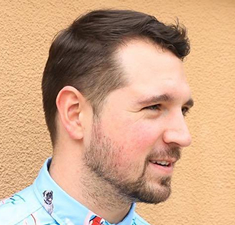When Open Source Community Software is Bought by Private Equity

When private equity buys online community platforms, who wins? What about if those platforms were built on open source software? Does the company continue to be a good citizen of the open source community that helped build the product?
History has shown us that it is often the community managers and pros who lose. They might not just lose a good platform though, they might lose their job.
Lincoln Russell has an interesting perspective on this topic. He joined Vanilla Forums, an open source community software platform, as a senior developer in 2011, having already used it for a couple of years. He left the company in 2020, then the director of engineering. Lincoln has continued to use the software. Vanilla Forums was subsequently purchased by Higher Logic, a company lacking a meaningful history of open source contributions.
As a matter of disclosure, both Higher Logic and Vanilla Forums are past sponsors of the show.
Lincoln and I also discuss:
- How Vanilla Forums’ open source ethos shifted over time
- The importance of data migration standards for community software
- Is community software best built by small businesses?





 WordPress, the popular open source CMS, powers a reported
WordPress, the popular open source CMS, powers a reported  What are the reasons why you would voluntarily end the interview process for a community role? If you give it some thought, you’ll probably come up with some!
What are the reasons why you would voluntarily end the interview process for a community role? If you give it some thought, you’ll probably come up with some! If you threw a random group of people together, united primarily by a shared educational goal that they can accomplish with or without the group, and had two weeks to build a sense of community among them, what would you do?
If you threw a random group of people together, united primarily by a shared educational goal that they can accomplish with or without the group, and had two weeks to build a sense of community among them, what would you do?